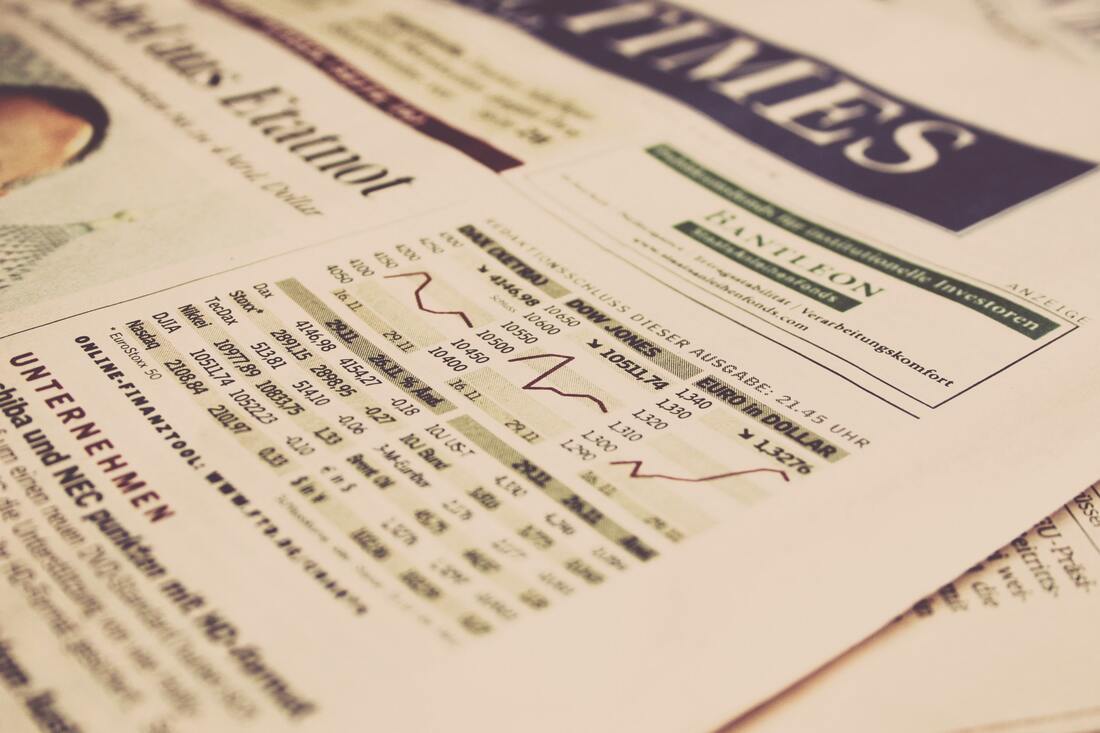
To quote Donald Rumsfeld – “there are known unknowns; that is to say we know there are some things we do not know.”
The current plight of coronavirus certainly falls into this category. This recent market disturbance is now eating into last year’s solid gains, with many markets now recording their worst week since the global financial crisis. Nothing has massively changed in the underlying macro-economics, so could the market perhaps be overreacting or is worse to come? It’s OK and very normal, as an investor, to feel a little unsettled when this happens. We know this virus can close down regions and hurt economic activity, production and tourism. What we do not know is the extent both in terms of the geographical spread and how long the recovery to normality will take. There is no doubt economies will take a short-term hit, but will this become more longer term in nature and cause a recession?
The problem with making any kneejerk reaction in a situation such as this, especially when considering existing investments, is that any action taken will either be a genius move or completely wrong.
Perhaps more importantly, we also begin to consider the human cost and our own chance of contracting the virus. We should remember this remains a remote possibility with no human-to-human transmission in the UK recorded by the NHS to date.
The reaction on equity markets has been unpredictable up to this point, it was only last week that US equity markets reached all-time highs. Of course, we have seen this type of event in the past and it is what’s known as an “exogenous” shock or a change caused by an unpredictable factor unexplained by economics. The worry of course is not unfounded, the UK government has stated that they expect to see more cases emerge given how the virus has spread around the world, however it is “hopeful” it can contain outbreaks.
We can take some comfort that:
- The investment markets are not medically trained and will typically react (both up and down) in an exaggerated fashion. We can still hold out an expectation that the contagion will be short lived.
- In this scenario, the impact would likely be ‘V’ shaped with a sharp decline and subsequent sharp rebound after the containment. Whilst the past is not necessarily a reliable indicator of the future, we recognise that markets have rebounded quickly in the past to events such as this and a significant proportion of an investor’s overall long term return can be attributed to advances during rebounds.
- The situation in China appears to be improving with infection rate slowing and manufacturing activity starting to return to normal. Of course, it will take time to get back to full capacity but it is moving in the right direction.
- Given that investment markets have been on a largely upward trend for some time, there will always be some that would note any ‘correction’ as an opportunity. Could the mantra of “be greedy when others are fearful and fearful when others are greedy” be relevant at this time?
We also take comfort that our risk return profiles are steeped in research and development and biased toward capturing long term gains. Our promotion of a well-diversified portfolio exists for this very reason. It’s never nice to experience a market correction, but these typically short-term events are of little significance when viewed in the context of a long-term investment strategy. The profiles will ultimately determine the upside gains (which have become normalised over the past 10 years) but also downside slides (which have been less regular and therefore, less normal to us).
That said, we will continue to monitor for both threat and opportunity in equal measure and will keep you updated.



